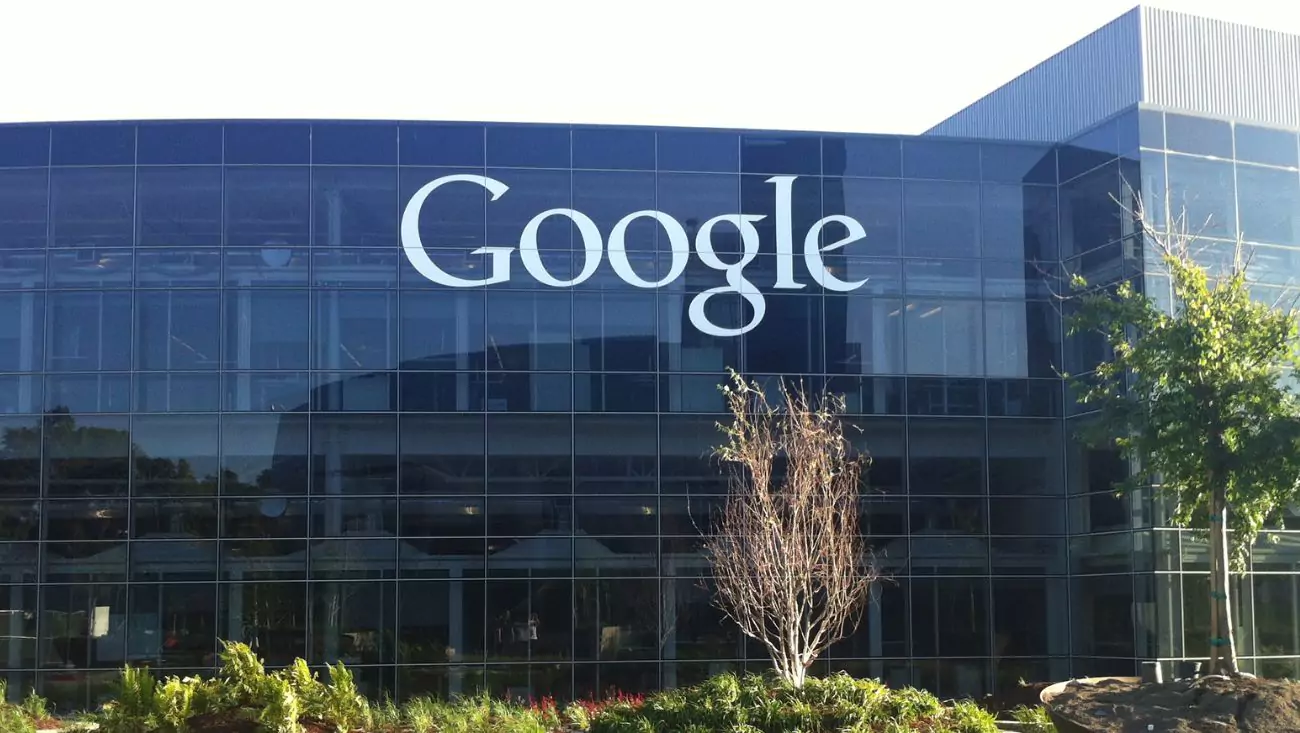Google has reached a landmark $1.38 billion settlement with Texas to resolve a data privacy lawsuit, one of the largest state-level payouts in tech history, announced by Texas Attorney General Ken Paxton on May 9, 2025. The lawsuit, initiated in 2022, accused Google of illegally collecting and tracking users’ private data, including geolocation, incognito searches, and biometric information like voiceprints and facial geometry. As data privacy becomes a critical issue in the tech industry, this settlement underscores the increasing pressure on Big Tech to prioritize user rights, though it also highlights the complexities of enforcing meaningful change.
The Texas lawsuit alleged that Google engaged in deceptive practices by gathering sensitive user data without proper consent, violating state privacy laws. The $1.38 billion settlement surpasses previous state-level agreements with Google, making it a significant win for Texas. Attorney General Paxton stated, “This settlement sends a clear message: Big Tech must respect the law and protect consumer privacy.” The funds will support state consumer protection initiatives, building on Paxton’s earlier $1.4 billion settlement with Meta in 2024 over similar biometric data violations. This trend of accountability aligns with other AI privacy challenges, where companies face scrutiny for handling user data.
For Google and its parent company, Alphabet, the settlement adds to a growing list of legal battles. The company recently faced an antitrust ruling declaring its search and advertising practices an illegal monopoly, and now this privacy settlement further pressures Google to reform its data practices. José Castañeda, a Google spokesperson, noted that the company is “pleased to resolve these claims” and remains committed to enhancing user protections. This commitment mirrors efforts in AI-driven privacy solutions, such as Google’s Gemini AI, which aim to improve transparency and user control.
However, the settlement raises questions about its long-term impact. While $1.38 billion is substantial, it’s a relatively small hit for Alphabet, which boasts a market cap exceeding $2 trillion, suggesting that fines alone may not deter future violations. The agreement doesn’t mandate specific changes to Google’s practices, leaving room for potential repeat issues—a concern echoed in AI accessibility discussions about equitable tech deployment. Additionally, the digital divide remains a barrier, as not all users have the knowledge or tools to manage their privacy settings, a challenge also seen in cybersecurity debates. The settlement also highlights the patchwork nature of U.S. privacy laws, with states like Texas taking the lead in the absence of comprehensive federal regulation.
Looking ahead, this settlement may push Google and other tech giants to adopt stricter privacy measures, potentially influencing industry standards. It also underscores the need for broader legislative action to ensure consistent protections across the U.S., similar to how AI communication tools are evolving to address ethical concerns. For now, Texas’s victory serves as a warning to tech companies that data privacy violations will face consequences. What do you think about this settlement—does it mark a turning point for Big Tech accountability? Share your thoughts in the comments—we’d love to hear your perspective on this pivotal moment.







